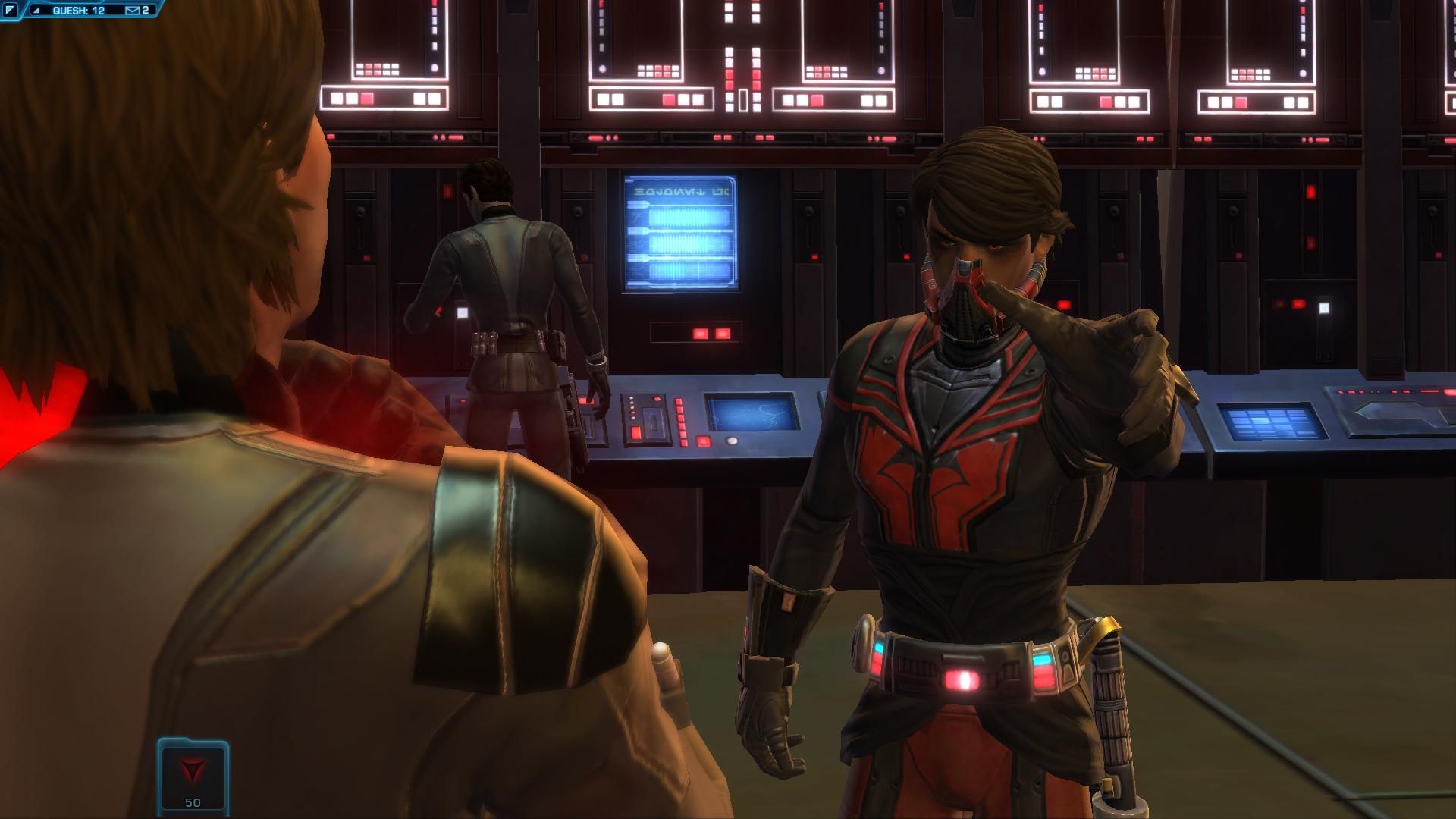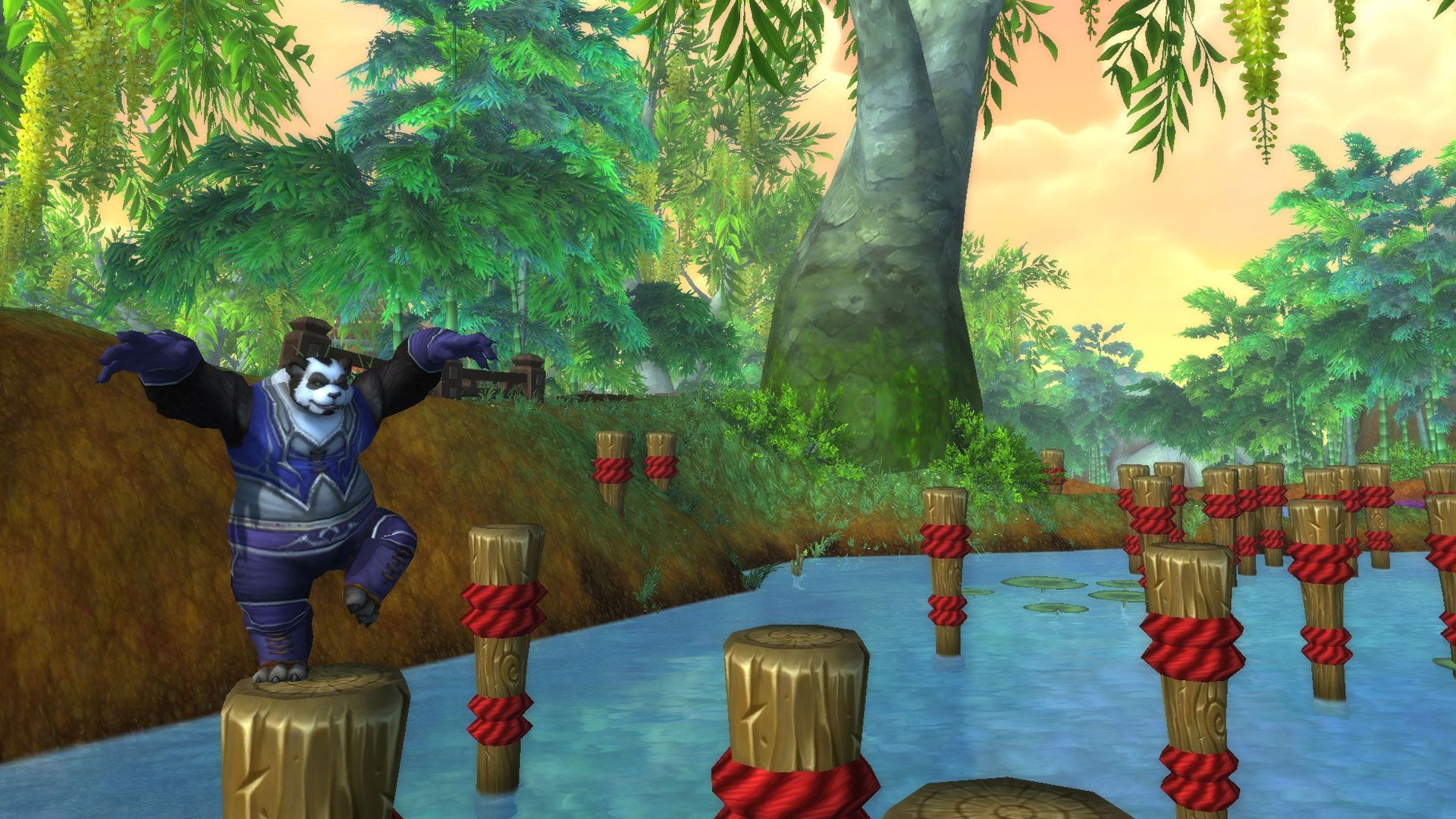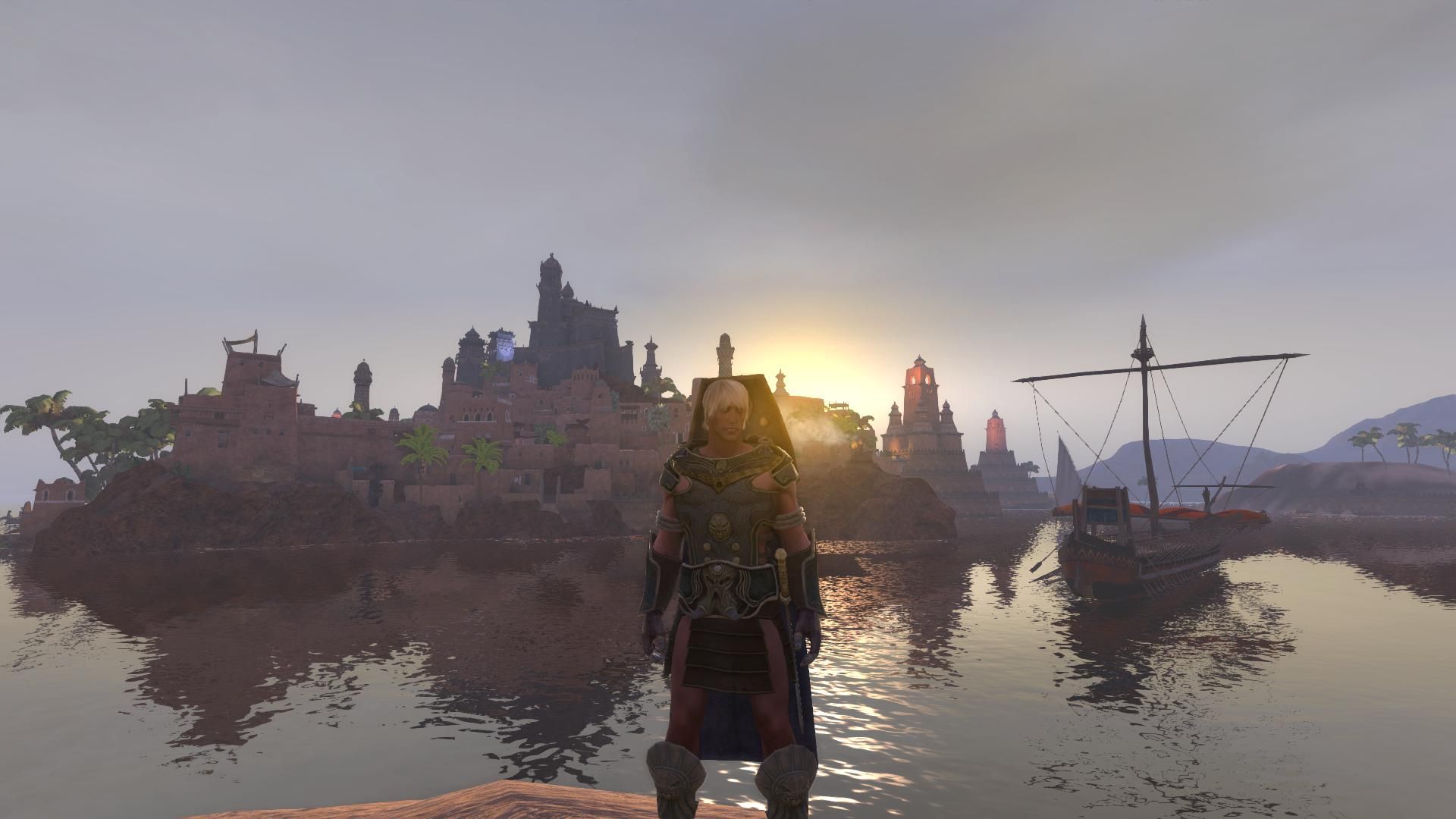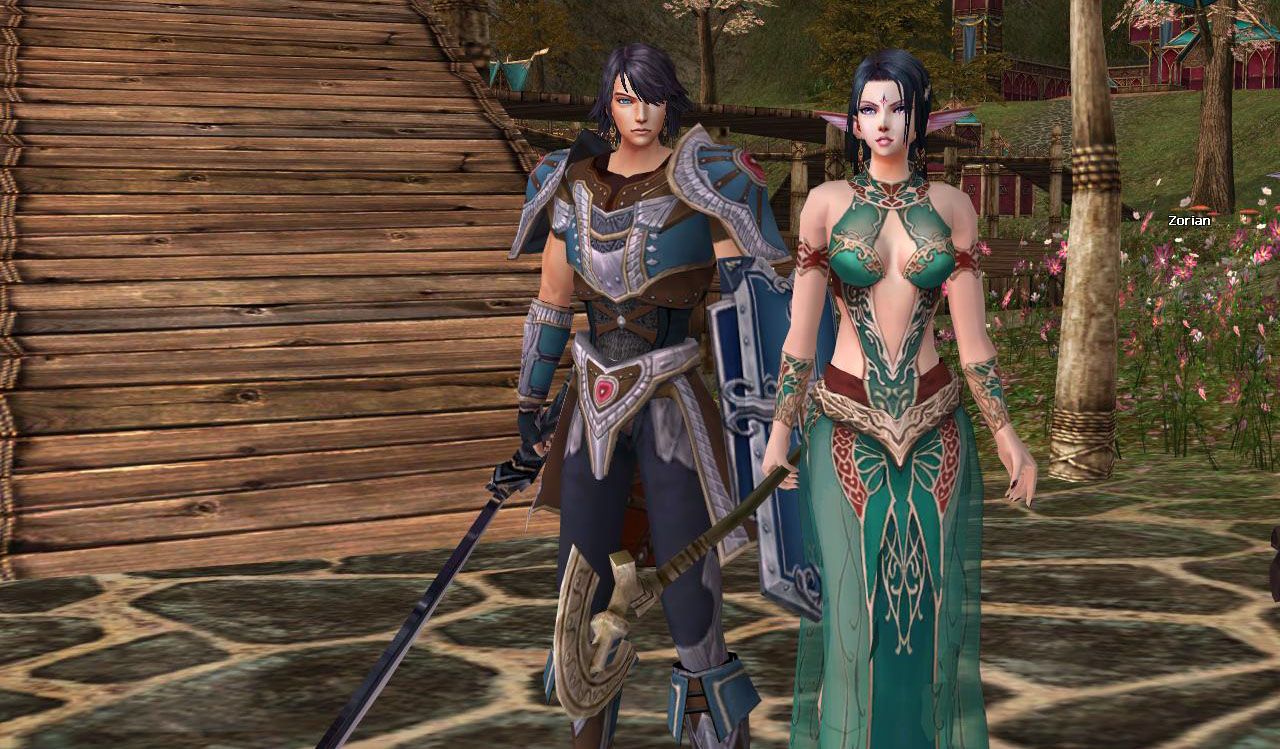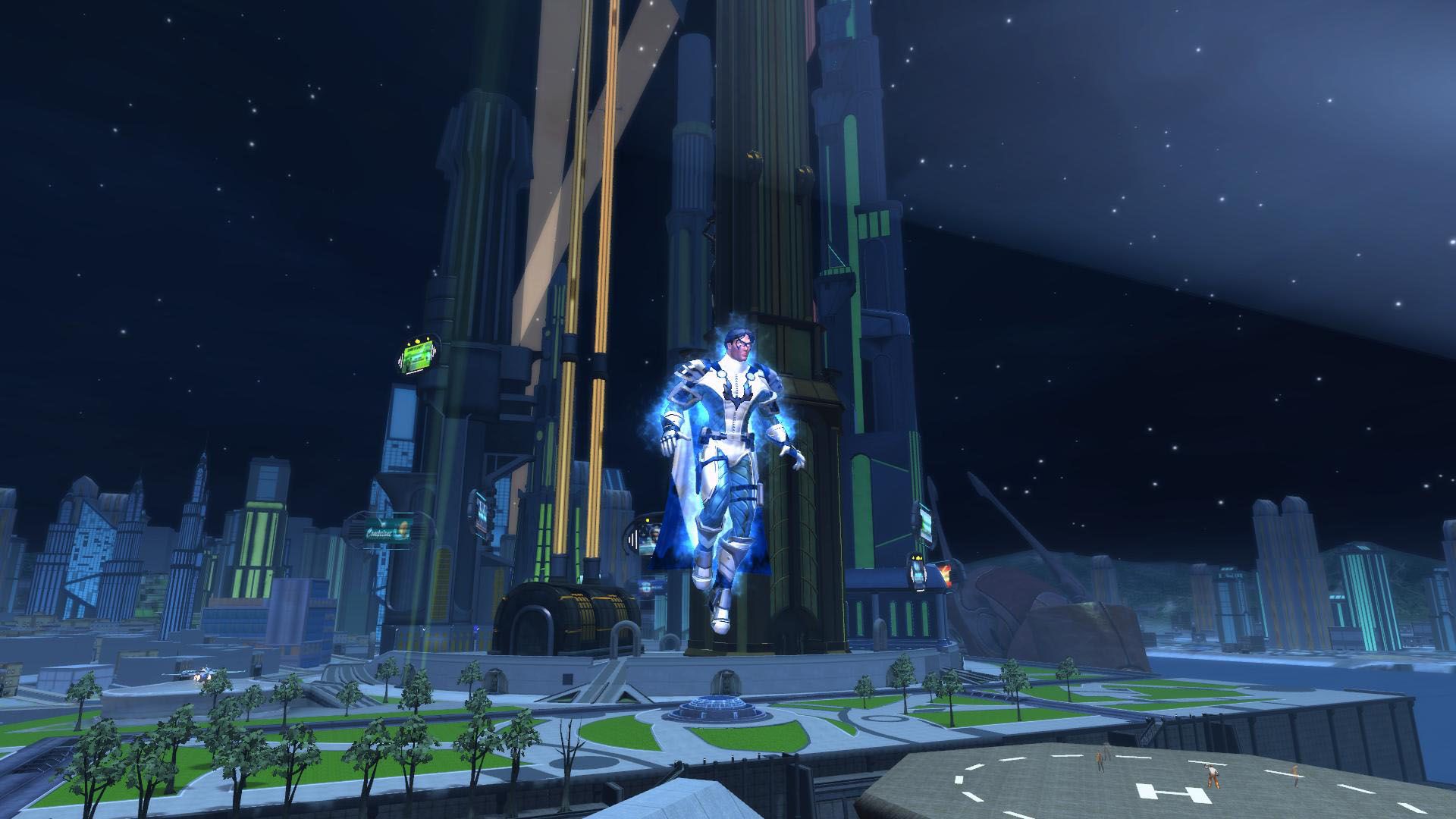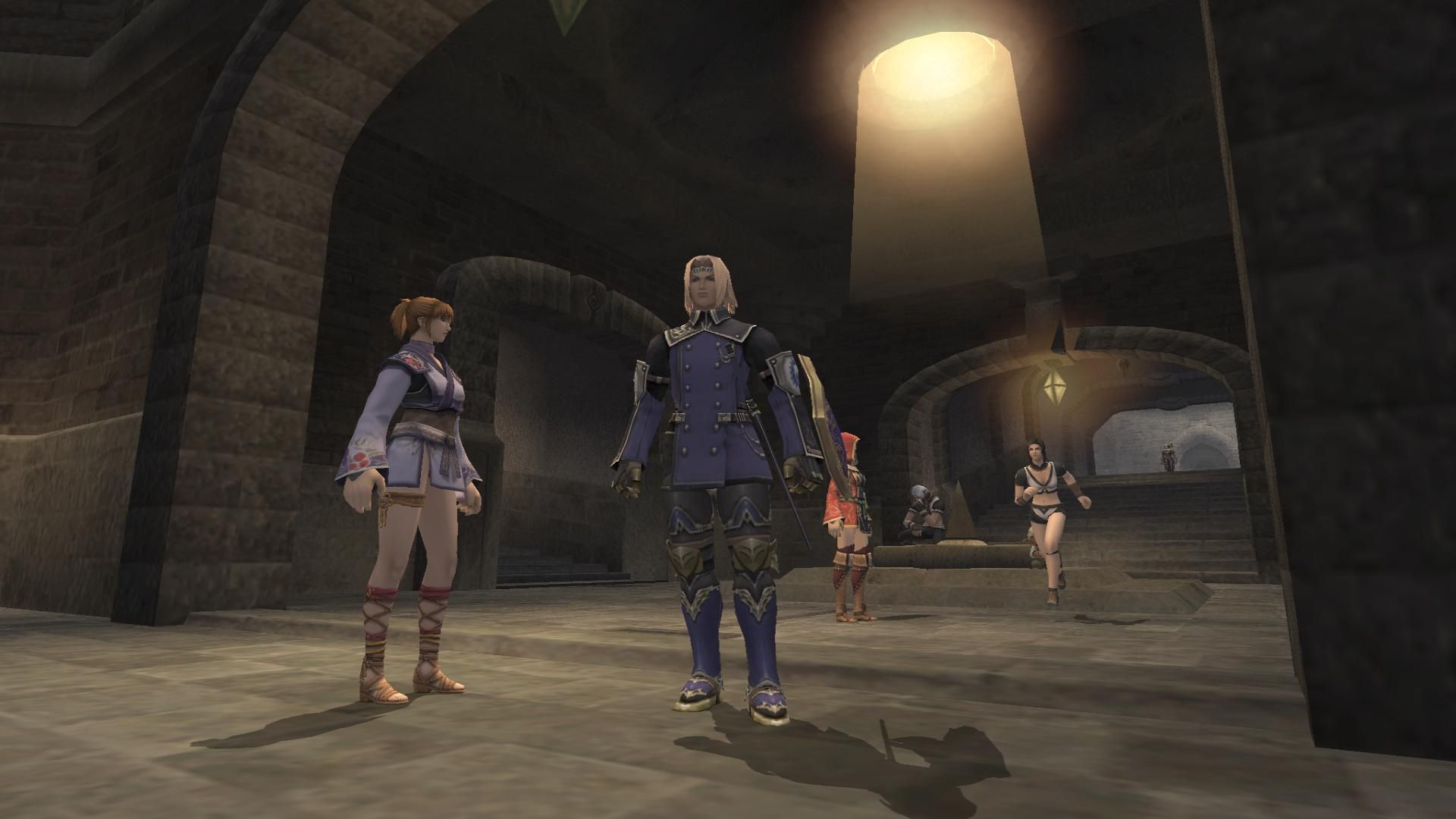There are few places on the Internet that are as full of hate, rage and hostility as the official forums of a MMORPG, even more so if the game is new or near to its upcoming launch date. If you check Metacritic when the user review floodgates open for a new MMO, you'll invariably see a large number of people flocking to post disproportionately low scores without even getting a chance to play the game. What's the last time you saw a newly released MMO that objectively deserved a zero? Yet that kind of score always pops up, and not just once or twice, but many times.
This apparently weird syndrome affects other games in smaller measure, but MMORPGs suffer from it the most, and with worse consequences.
The success and long-term operation of a MMORPG invariably depend, at least in part, from its population. Population means revenue for the developer, and revenue means resources that can be reinvested in content and upgrades for players to enjoy. In addition to this, having many fellow gamers to play with is a high-demand commodity in the genre.
It's hard to deny that seeing friends and guild-mates leave in sizable numbers is always a severe blow to one's enjoyment of a MMORPG. That's why whenever a new entry in the genre appears on the horizon many automatically see it as "the enemy", or the cruel monster that will "kill" their favorite game and swallow their friends whole.
It's hard to fight this perception; many often end up begrudgingly purchasing the new game because their friends and guild moved over, and enter the brave new world already jaded, without any predisposition to enjoy it. They secretly (or not so secretly) hope to see a failure that would send them and their friends back where they came from.
Add to this the fact that MMORPG gamers normally come from already established games that had most of their launch problems ironed out; no new MMO, no matter how initially polished and carefully honed, will ever offer the same smooth experience out of the box. As a result, you get the perfect recipe to generate malcontent, that often turns into open and very public hostility.
The recent release of Star Wars: The Old Republic is a clear example of that. While the atmosphere in game and in neutral environments like Facebook and Twitter normally ranges from the satisfied to the enthusiastic (with few exceptions), the Metacritic user score is a mess of zeroes and the official forums are nothing short of a warzone.
The same users posting "I unsubscribed!" messages over and over (they must be a lot less determined than they think if they quit and come back so many times) are a rather common occurrence, and false allegations about unjustified bans to try and give BioWare a bad image are something SWTOR players have sadly become accustomed to.
The Old Republic isn't the only victim for sure. As a veteran MMORPG gamer that tries at launch (or before) basically every major entry in the genre and many minor ones, I've seen this happen every single time a "new kid on the block" has dared to brave the market after Everquest: Dark Age of Camelot, Final Fantasy XI, World of Warcraft, Everquest II, Age of Conan, Warhammer Online, Aion, Final Fantasy XIV, DC Universe Online, RIFT... I lost count. Even those that didn't have an official forum to gather all the hate still had prominent environments that got swamped by it.
It happened with every single one, no matter if complaints and rage were justified or not, and unfortunately not every MMORPG has a budget and marketing resources comparable to World of Warcraft or SWTOR, that can be spent to hold the creeping negativity at bay.
Thinking that the same won't happen with future games like TERA, ArcheAge, The Secret World or Guild Wars 2 would be rather delusional.
Launch time flaws and issues are endemic of the MMORPG genre. No matter how hard developers try, no MMORPG will ever be released perfect due to the complexity of the project and the iterative nature of its evolution and testing.
Any of those flaws, major, minor or even negligible, becomes a target, with hundreds of people going out of their way to be as venomous and hyperbolic as possible about it, commonly bordering or even passing the limits of misrepresentation. This riles (often intentionally) other users that just happen to be frustrated by that particular flaw (even if they enjoy the game as a whole), the most aggressive fans scramble to defend the game (often just as irrationally), and it all turns into a mess that's normally very hard to keep under control for the unfortunate community manager that happens to be on shift.
How many times, on official or unofficial forums dedicated to a new MMORPG, have you seen hyperbole-driven sentences like "This is the worst game ever released!" or "The whole team should be fired on the spot!" or again "The way this feature has been implemented is an insult to my intelligence!" and many other imaginative variations?
Those that some call "trolls" or "haters" (together with others that are simply being irrational), decide to take upon themselves the mission to wage war against any new MMORPG that they perceive as "the enemy", and they will stop at nothing in order to feel that they managed to have a negative impact on its popularity.
Like in any "war", they completely (and very conveniently) forget that the "enemy" isn't just an impersonal entity like a plane or a tank, and that they are actually talking to and about real people (the developers and community managers) that worked and are working hard to deliver the best experience they can to their customers, often in conditions that aren't exactly ideal and with the very real nightmare of team downsizing looming over their heads.
I wonder how they would behave if they stopped for a second to think that the venom they make a point of spouting day after day actually affects (maybe even marginally), the jobs of hundreds of other people and gamers. I dread the idea that many of them actually know and just don't care.
The press isn't really innocent as well. Journalists aren't immune to the behaviors described above, and while many manage to restrain them thanks to their professionalism, some don't, and use the full weight of their media visibility in order to bash their "enemy" of choice that is perceived as a threat to their favorites. Luckily, they are rare, but the fact that it does happen is disconcerting.
Many others aren't as guilty, but they simply follow the usual, sad trends that drive the press, whether it's gaming press or dedicated to any other topic (or to no topic at all). The media live and thrive on disasters and tragedy.
There's nothing like an earthquake, a volcano eruption, or a good ol' murder to draw journalists like fire attracts moths.
As most of you probably know I'm Italian, and my country has recently witnessed the tragedy of the Costa Concordia. Press of all nationalities has been all over it for days, with headlines that often looked disgustingly sensationalistic, fueling as much as possible the negativity and the hate towards the Captain (that is probably guilty, but that's beyond the point) and the crew when the actual judicial inquiry isn't even near to drawing any solid conclusion.
The same happens with games, and even more so with MMORPGs, that, being as complex as they are, are also naturally bound to hit the shelves with flaws that the media can feast upon.
Someone posts on YouTube a movie about an exploit (even if it's a common one that happens pretty much in every MMO)? Breaking news! A random dude lies about being banned for a very weird reason or gives his own skewed version of a justified suspension? Featured article with no contradictory for the top header ready in five minutes, sir! A random market analyst with no knowledge of the gaming industry or of gaming in general decides that a game isn't performing? Stop the presses!
But if afterwards another analyst (and maybe one that's more qualified to talk about the gaming inustry) happens to post a positive outlook stating that the same game is doing fine, how many of those sites post about it? How many post about the Community managers that clarify that those bans didn't happen at all and those suspensions were due to clear cut exploiting? Not too many, because that kind if news doesn't cause enough controversy, and are somehow perceived as less "juicy".
Mind you, this opinion piece doesn't want to defend the habit of developers to "launch now and patch later", even if, to some degree, it's pretty much inevitable in the MMORPG genre. It also doesn't try to discount the importance of feedback and constructive criticism, or to say that the press shouldn't call developers out on serious mistakes.
What I'm pointing at is the hyperbolic venom and irrational negativity that sneaked into the launch of basically every new MMORPG since the genre has become a competitive one. We should always keep in mind that competition is good for the market, and especially good for a market that has been stagnant for years as that of MMO games. It drives evolution and forces our favorite developers to improve their games in order to keep them on par with the newcomers, granting even those that decide to stay a better experience.
There's no need to scramble to the Spitfires to shoot down the evil newcomer. It doesn't carry bombs. Ultimately the ones that benefit the most from a fluid and competitive MMORPG market are the gamers. Fighting against change to stubbornly defend the status quo will only hurt us.

